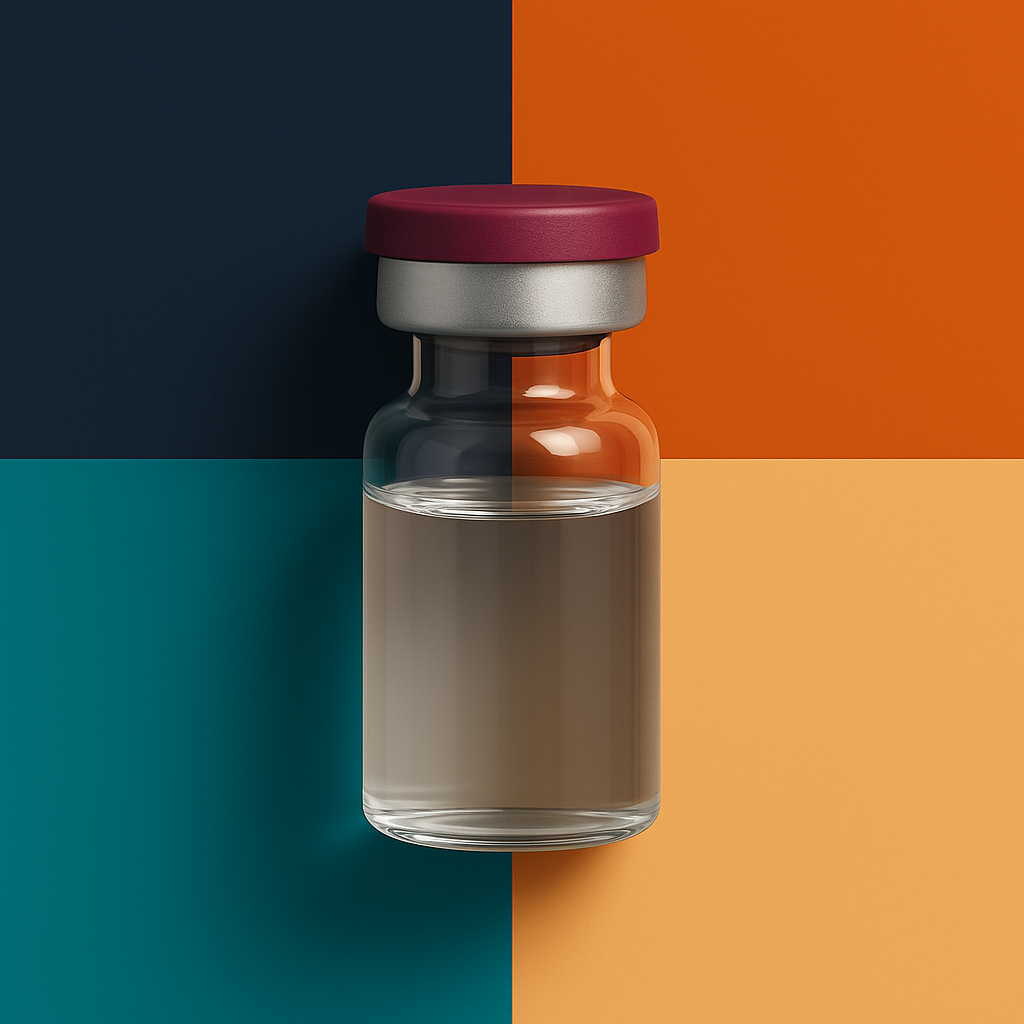
Generic Zepbound®


What is tirzepatide?
Tirzepatide injection (Mounjaro®) is used along with diet and exercise to lower blood sugar levels in people with type 2 diabetes (condition in which blood sugar is too high because the body does not produce or use insulin normally). Tirzepatide is not used to treat type 1 diabetes (condition in which the body does not produce insulin and therefore cannot control the amount of sugar in the blood) or diabetic ketoacidosis (a serious condition that may develop if high blood sugar is not treated). Tirzepatide injection (Zepbound®) is used along with an individualized low-calorie, low-fat diet and exercise program to help with weight loss in obese adults or overweight adults who may also have high blood pressure, diabetes, sleep apnea, cardiovascular disease or high cholesterol. Tirzepatide is in a class of medications called glucose-dependent insulinotropic polypeptide (GIP) receptor and glucagon-like peptide-1 (GLP-1) receptor agonists. It works by increasing insulin available and decreasing glucagon (a hormone that controls the amount of glucose made by the liver) available in the body. Tirzepatide injection also works by slowing the movement of food through the stomach and may decrease appetite and cause weight loss.
How should this medicine be used?
Tirzepatide comes as a solution (liquid) in a pre-filled pen or vial to be injected subcutaneously (under the skin). It is usually given once a week with or without meals at any time of day. Follow the directions on your prescription label carefully, and ask your doctor or pharmacist to explain any part you do not understand. Use tirzepatide exactly as directed. Do not take more or less of it or take it more often than prescribed by your doctor.
You may receive your first subcutaneous dose of tirzepatide injection in your doctor's office. After your first dose, your doctor may allow you or a caregiver to perform the injections at home. If using medication in a vial, your doctor will show you or your caregiver how to use a syringe to prepare the dose. Carefully read the manufacturer's instructions for use that comes with the medication. These instructions describe how to inject a dose of tirzepatide injection. Be sure to ask your doctor or pharmacist if you have any questions about how to inject the medication.
Tirzepatide can be injected in the abdomen, thigh or upper arm. Rotate injection sites with each dose.
Your doctor will probably start you on a low dose of tirzepatide and gradually increase your dose, not more than once every 4 weeks.
You may change the day of the week you inject tirzepatide as long as at least 3 days have passed between doses.
You may administer insulin in the same area as tirzepatide but they should not be given right next to each other. Also, you should not mix tirzepatide and insulin in the same injection.
Tirzepatide controls type 2 diabetes but does not cure it. It may take 4 weeks or longer before you feel the full benefit of tirzepatide. Continue to take tirzepatide even if you feel well. Do not stop taking tirzepatide without talking to your doctor.
What special precautions should I follow?
Before taking tirzepatide,
What side effects can this medication cause?
Tirzepatide may cause side effects. Tell your doctor if any of these symptoms are severe or do not go away:
Some side effects can be serious. If you experience any of these symptoms or those listed in the IMPORTANT WARNING section, stop taking tirzepatide and call your doctor immediately:
Tirzepatide may cause hypoglycemia (low blood sugar). Signs and symptoms of low blood sugar may include dizziness or lightheadedness, blurred vision, anxiety, irritability or mood changes, sweating, slurred speech, hunger, confusion or drowsiness, shakiness, weakness, headache, fast heart rate and feeling jittery.
Tirzepatide may cause other side effects. Call your doctor if you have any unusual problems while taking this medication.
If you experience a serious side effect, you or your doctor may send a report to the Food and Drug Administration's (FDA) MedWatch Adverse Event Reporting program online (https://www.fda.gov/Safety/MedWatch) or by phone (1-800-332-1088).
In case of emergency/overdose
In case of overdose, call the poison control helpline at 1-800-222-1222. Information is also available online at https://www.poisonhelp.org/help. If the victim has collapsed, had a seizure, has trouble breathing, or can't be awakened, immediately call emergency services at 911.
🔗 Reference: https://medlineplus.gov/druginfo/meds/a622044.html